News: US
Putting the Comprehensive Agreement on Investment (CAI) into perspective: Five key points
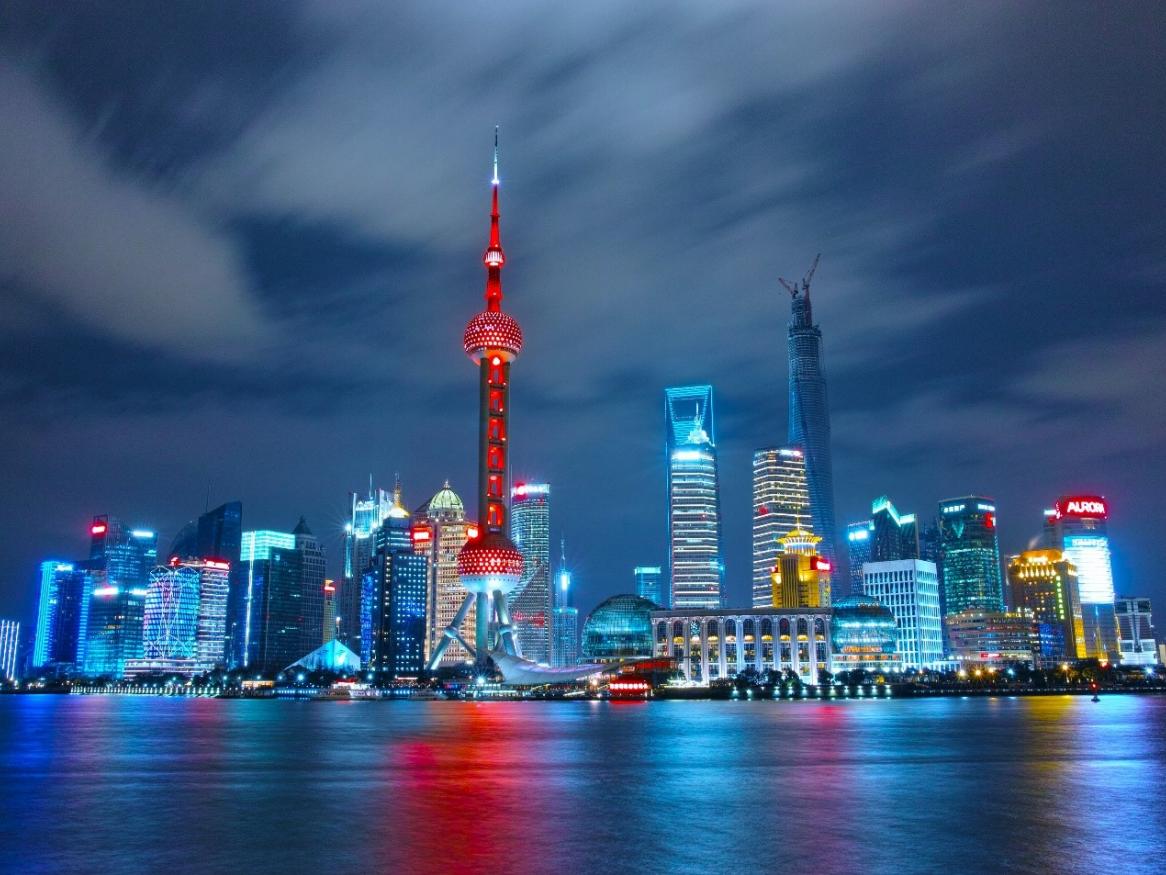
Bryan Mercurio is Simon F.S. Li Professor of Law at the Chinese University of Hong Kong. On 30 December 2020, the European Union (EU) and China ‘in principle’ concluded negotiations on a Comprehensive Agreement on Investment (CAI). The European Commission published the text of the CAI on 22 January 2021. The agreement has been welcomed by the business community but criticised by civil society and the United States (US).
Reforming industrial subsidies usage through the WTO: Process Proposals
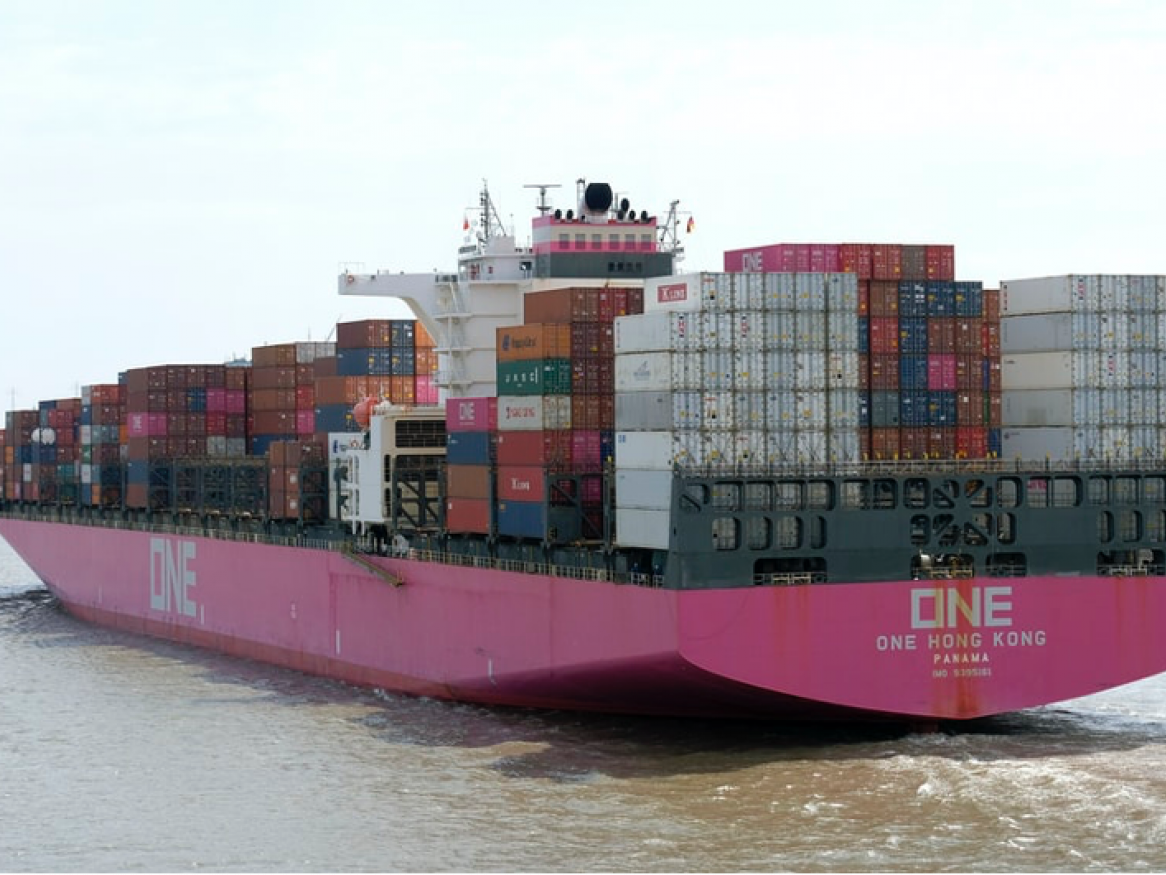
Professor Peter Draper is Executive Director of the Institute for International Trade. Dr Naoise McDonagh is Lecturer in Political Economy at the Institute for International Trade.
The distorting effects of state-owned enterprises (SOEs) and industrial subsidies on global market competition has become a topic of increasing importance for many World Trade Organization (WTO) members in recent years.
[Read more about Reforming industrial subsidies usage through the WTO: Process Proposals]
The EU-China Investment Deal: Perspectives of the European services sectors on new opportunities in the world’s second largest economy
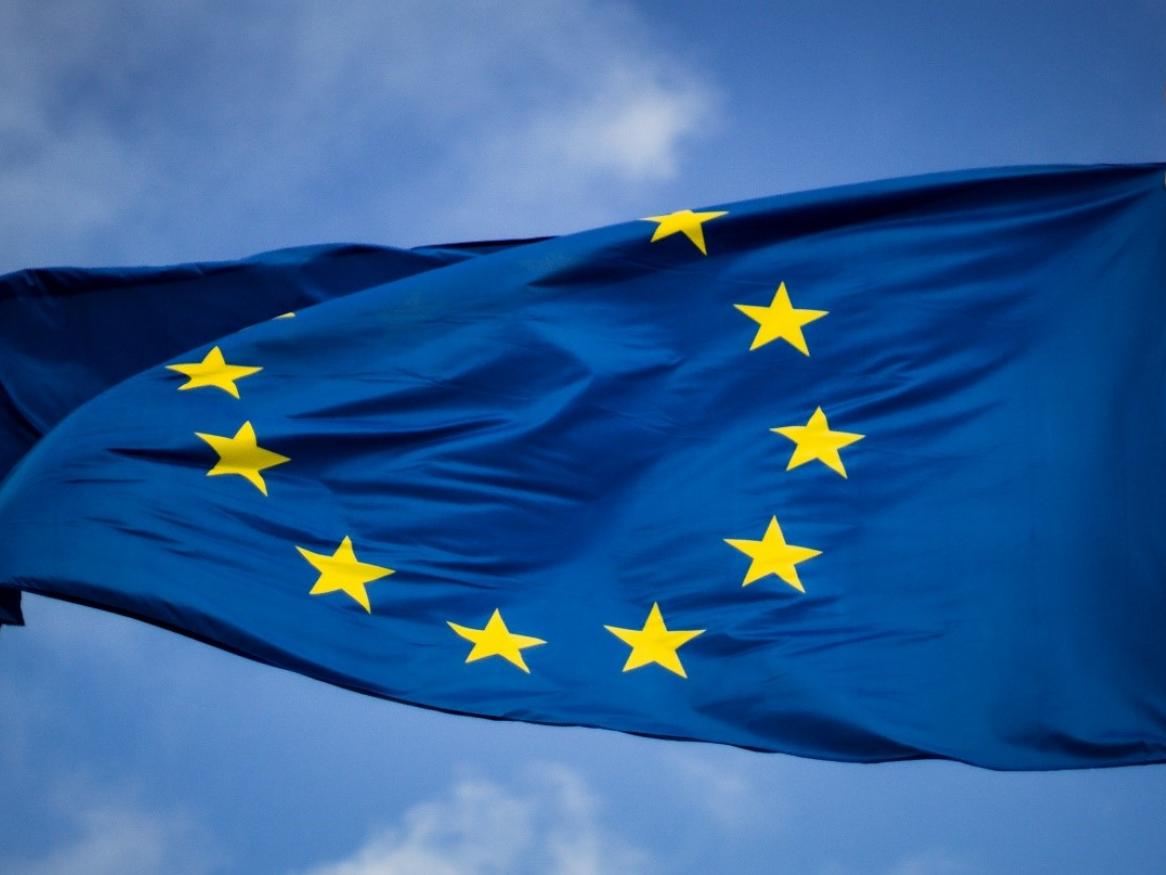
Dr Pascal Kerneis is Managing Director of the European Services Forum, Brussels.
On 30 December 2020, the European Union and China have concluded in principle the negotiations for a Comprehensive Agreement on Investment (CAI). What could this agreement bring to European service businesses?
Biden and Berlin: How Germany can help reset transatlantic relations
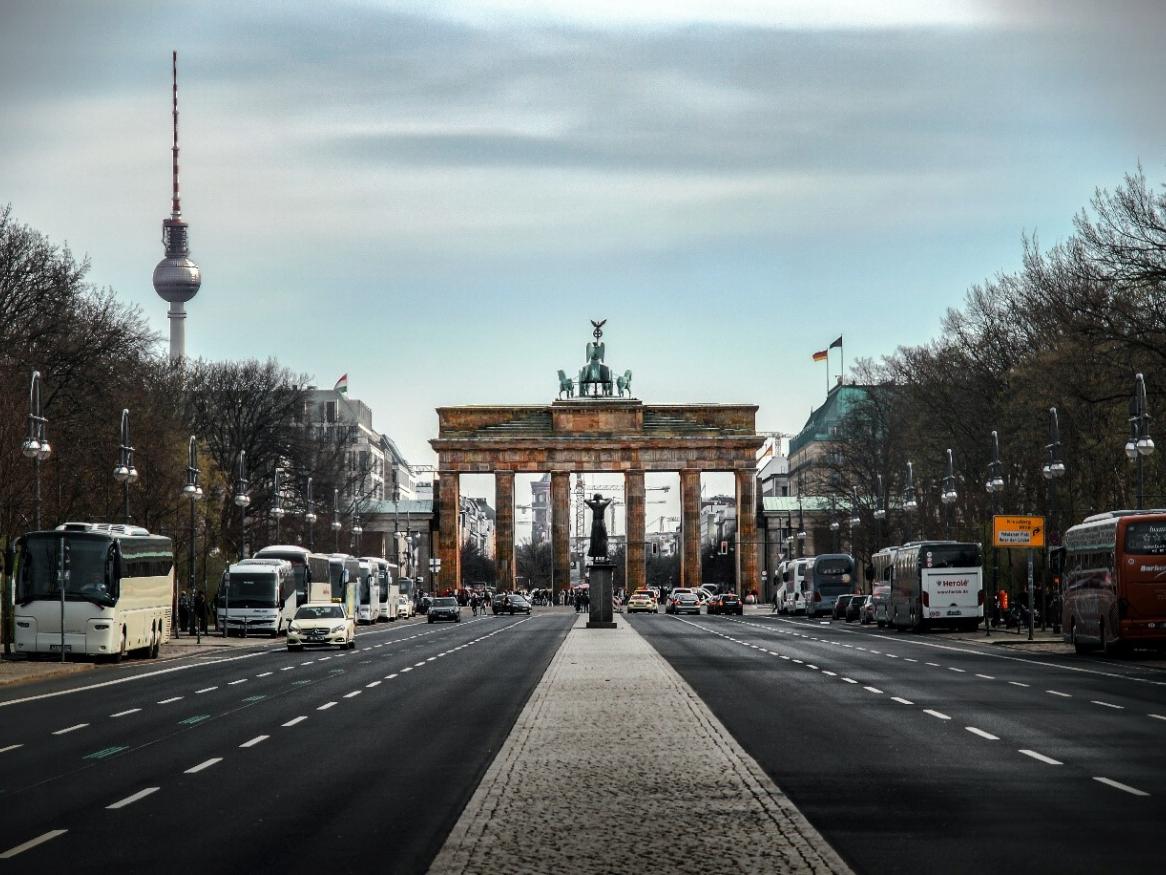
Andreas Freytag, Professor and Chair of Economic Policy, Friedrich Schiller University, Jena and Visiting Professor with IIT.
The election result in the United States (USA) is now certain. Despite the refusal of leading Republicans to recognize the election result and to congratulate the election winner, everything now speaks in favor of the next (and thus 46th) President of the USA being Joseph R. Biden, Jr. This means an experienced Washington insider will again sit in the Oval Office, marking a return to more typical pre-Trumpian forms of policy and diplomacy.
[Read more about Biden and Berlin: How Germany can help reset transatlantic relations]
Prospects for Australian free trade with a post-brexit United Kingdom
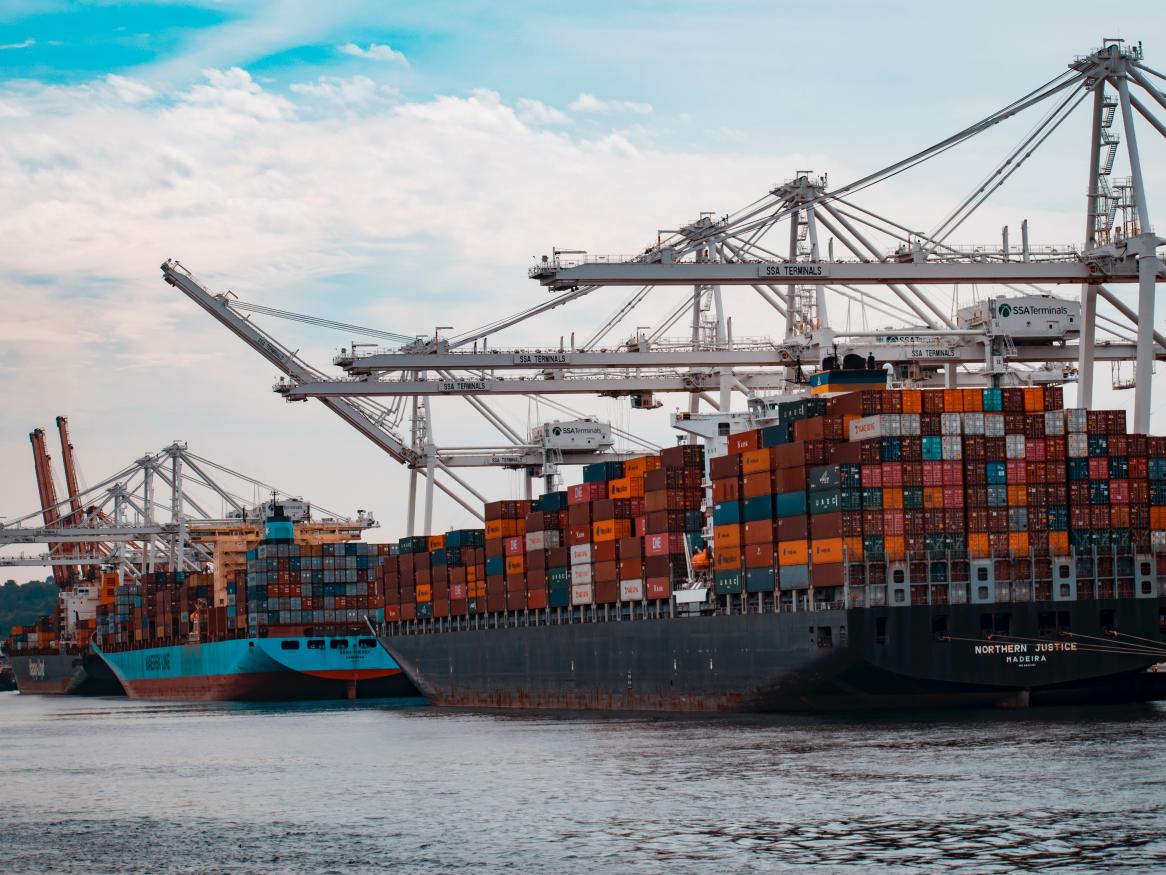
Andrew Stoler, former WTO Deputy Director-General; former Office of the United States Trade Representative senior trade negotiator; and former Executive Director of Institute for International Trade.
Now that the United Kingdom (UK) is once again pursuing an international trade policy independently of its previous membership in the European Union (EU), the UK Government has made clear that it intends to pursue free trade agreements (FTAs) with “Anglosphere” countries (United States, Canada, Australia and New Zealand).
[Read more about Prospects for Australian free trade with a post-brexit United Kingdom]
What can Australia gain from agricultural subsidy reform?
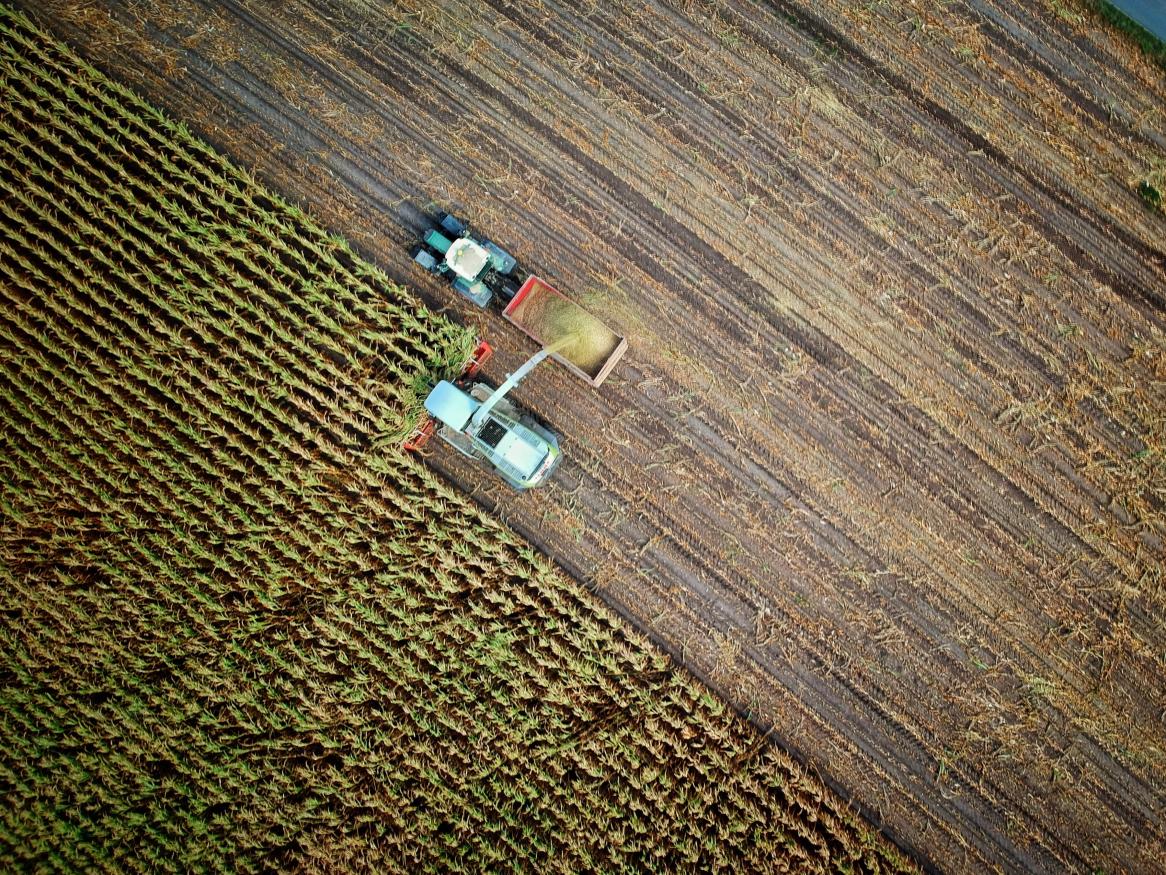
Kym Anderson, George Gollin Professor Emeritus, School of Economics, University of Adelaide; CEPR Fellow; and Honorary Professor of Economics, Arndt-Corden Dept of Economics, Australian National University.
Even though research earlier this century suggested market access barriers were far more important than domestic subsidies in restricting global farm trade, new analysis suggests farm subsidies have become far more important in recent years.
[Read more about What can Australia gain from agricultural subsidy reform?]
The “German” debate on supply chain ethics: assessing the role for businesses in human rights enforcement
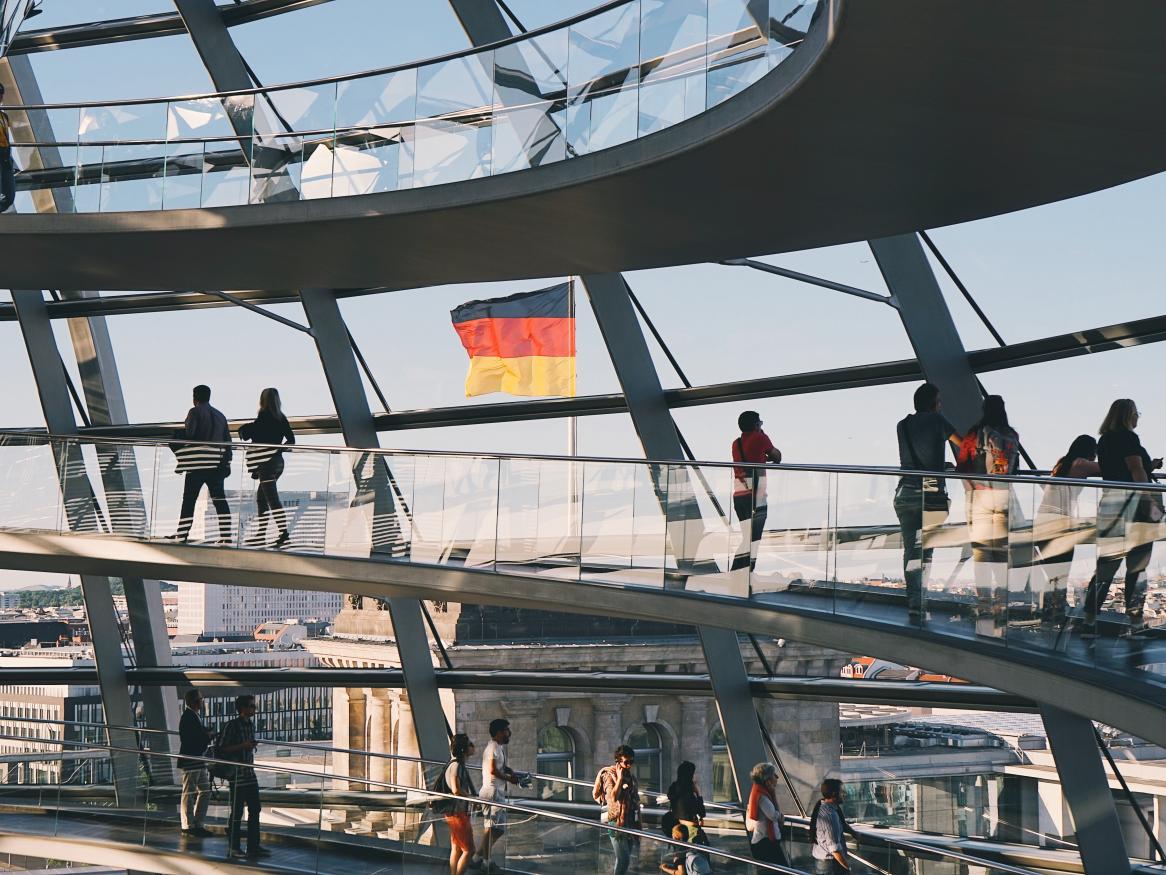
Andreas Freytag, Professor and Chair of Economic Policy, Friedrich Schiller University, Jena, and Dr Naoise McDonagh, Lecturer in Political Economy, Institute for International Trade, University of Adelaide.
International supply chains have become a topic of fierce debate in Germany over the past weeks, and perhaps surprisingly not for pandemic-related issues. Proposed new laws requiring due diligence by firms to prevent human rights violations in their supply chains sparked controversy over the degree of responsibility firms can realistically be expected to bear, and how they may enforce this obligation.
The Perfect Storm: Interventionism, Inequality, Decoupling and Zombies

Carlos A. Primo Braga, Associate Professor, Fundação Dom Cabral and former Director, Economic Policy and Debt, The World Bank.
Covid-19 already ranks among the most impactful pandemics of the last 100 years. Most governments have put their economies in a temporary “coma” with a view to mitigate the spread of the virus (SARS-CoV2). This inevitably increases the economic pain associated with the pandemic in the short run and generates pressures for a quick return to normality. Lessons from the past, however, suggest that the health crisis can go on for much longer than most politicians anticipate.
[Read more about The Perfect Storm: Interventionism, Inequality, Decoupling and Zombies]
Geopolitics, Trade and Protectionism: Covid-19’s impact and paths forward
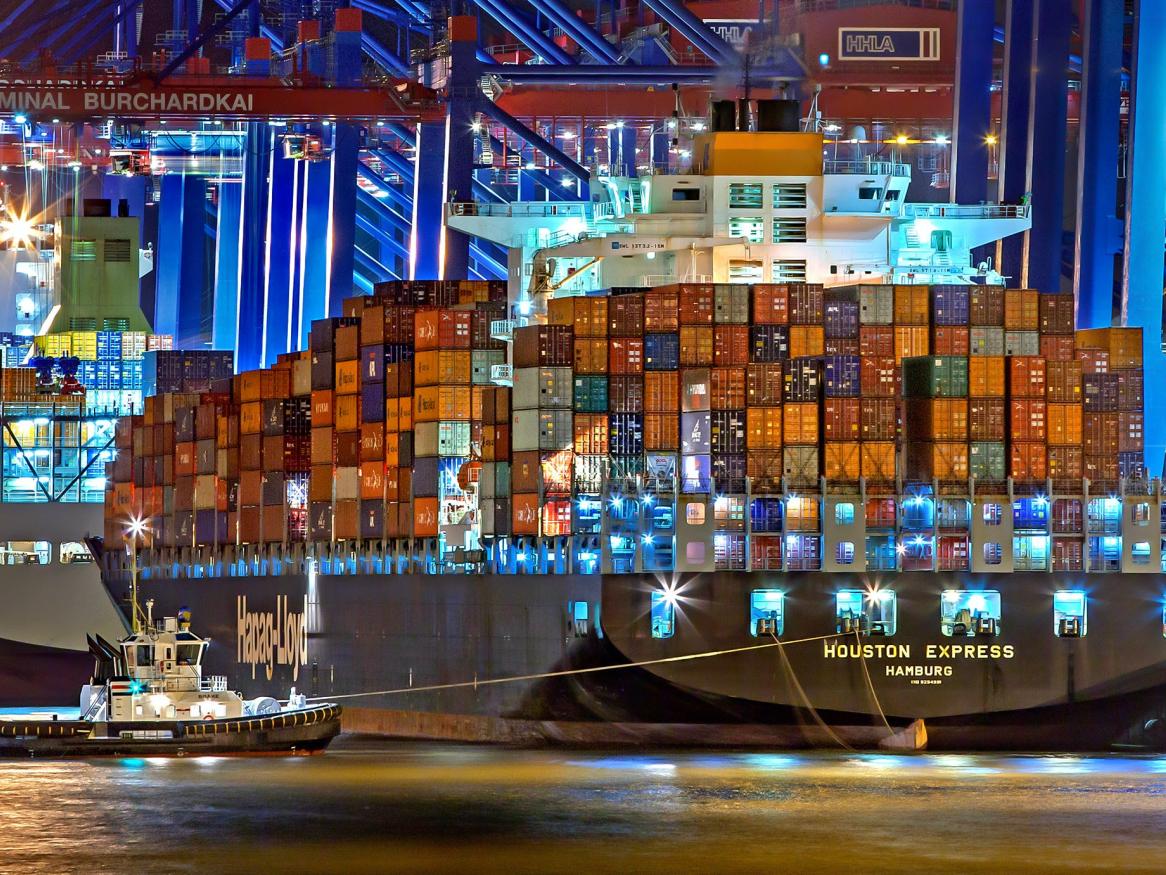
Dr. Naoise McDonagh - Lecturer in Political Economy, Institute for International Trade
As the coronavirus continues to spread globally, country after country has had to implement the three “L”s: lockdown non-essential services and operations; lockout all non-essential people who are not citizens; lock-in all goods that are considered to be essential to managing the growing health emergency.
[Read more about Geopolitics, Trade and Protectionism: Covid-19’s impact and paths forward]
A Phase One Deal, but for what purpose?
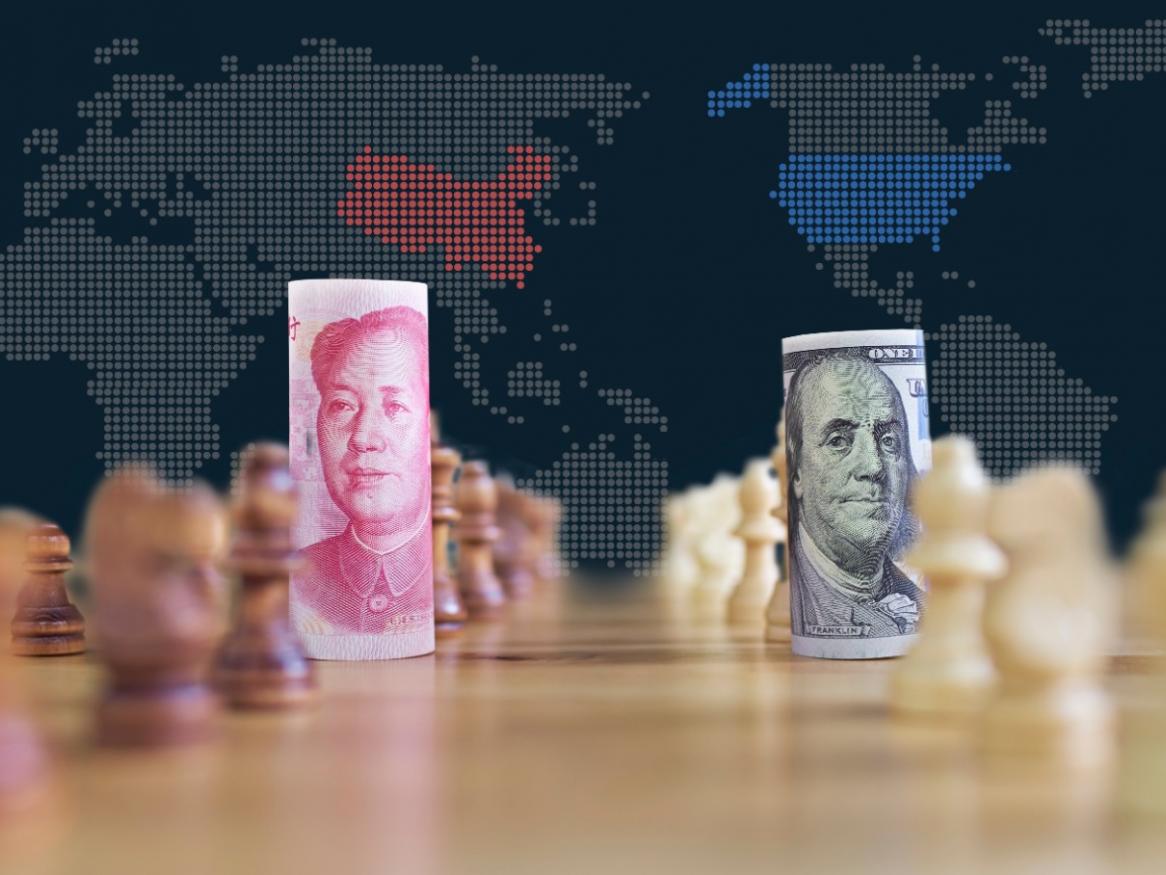
Naoise McDonagh - Lecturer, Institute for International Trade, University of Adelaide
What does the Phase One trade deal between the U.S. and China indicate for the wider trade conflict between the two countries? To answer that question requires analysis of the deal’s specifics in the broader context of the trade conflict and its underlying causes.
This work is licensed under Commons Attribution-NonCommercial-NoDerivatives 4.0 International License.
IIT is a global leader in researching, analysing and commenting on International Trade.
Stay informed about our up-and-coming seminars, events, publications, awards, new projects and collaborations, and other exciting news.
